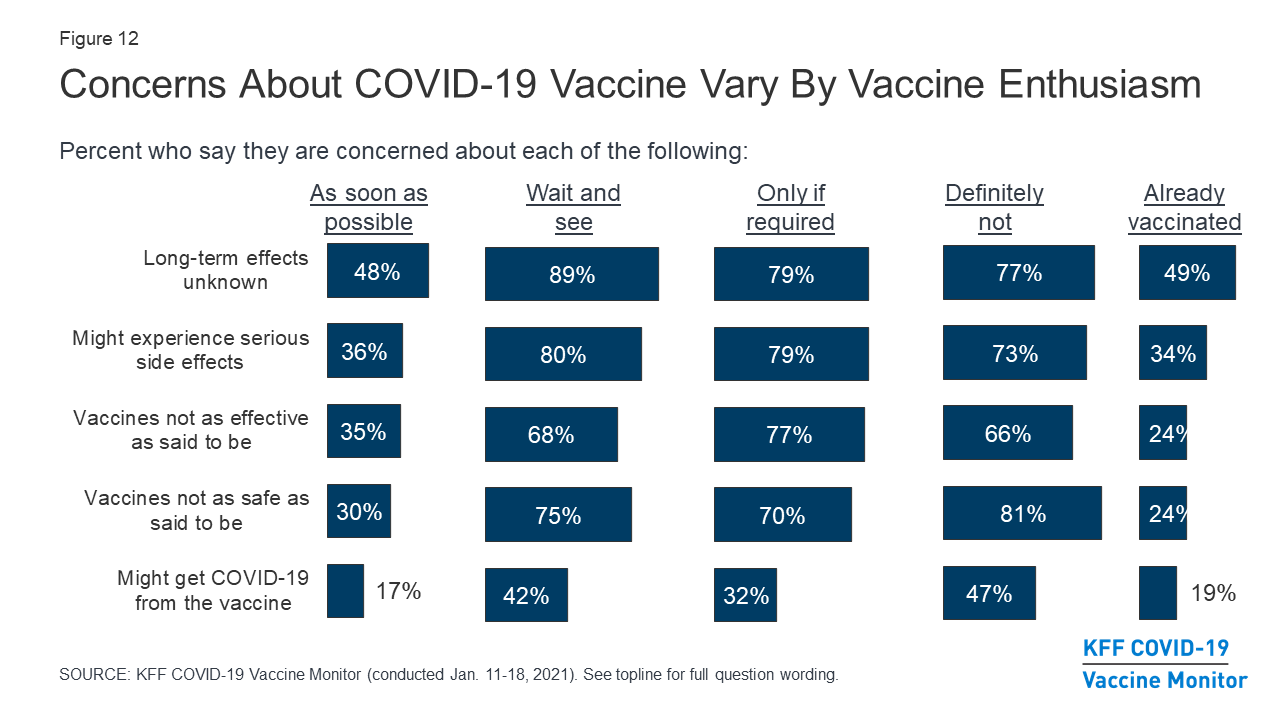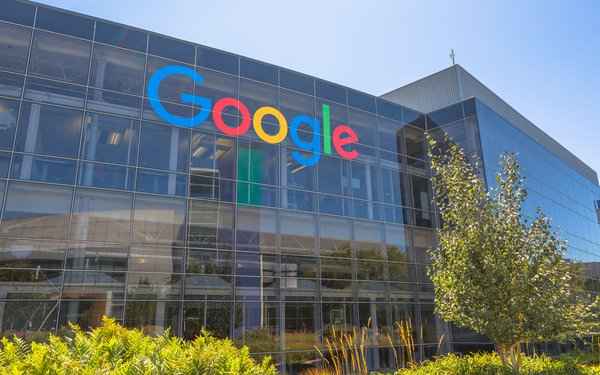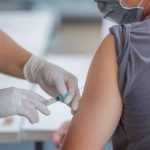More than half of Americans would refuse or “delay” taking the COVID-19 vaccine, new Kaiser survey shows
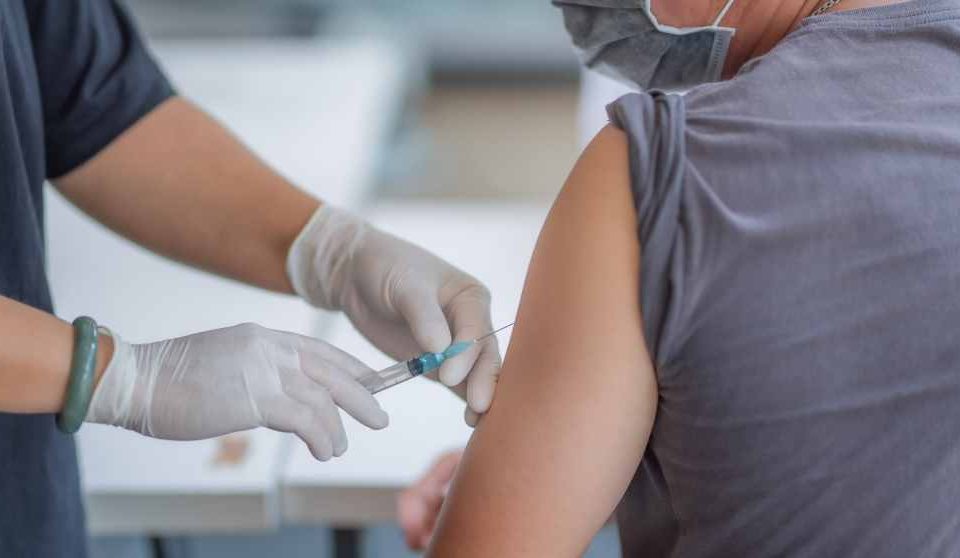
It’s been just over a year since the first coronavirus case was reported in the United States. For the first time, more Americans have now received at least one dose of the vaccine than have tested positive for the virus since the pandemic began.
As of 6 a.m. EST Jan. 31, a total of 49,933,250 vaccine doses have been distributed in the U.S, and 31,123,299 have been administered, or 62.33 percent, according to a report from the US Centers for Disease Control and Prevention (CDC).
However, with all the good news on the vaccine front, a majority of Americans still remain skeptical about COVID-19 vaccines. According to a new survey by the Kaiser Family Foundation, 31% of Americans say they want to see further results about the vaccine’s effectiveness and side effects before committing to the shot.
Another 13% are outright refusing to take the vaccine altogether. While another 7% claim they only will take the vaccine if forced, taking together, the total of respondents reluctant to take or hesitant of the vaccine adds up to 51 percent.

The Kaiser Family pollsters wrote:
“Those who have not yet been vaccinated for COVID-19 have many concerns and information needs related to the new vaccines, particularly when it comes to side effects and the effectiveness of the vaccine.”
“About half say they don’t have enough information about the vaccine’s side effects or effectiveness, with higher shares of younger, Black, and Hispanic adults citing these information needs.”
While vaccine enthusiasm has increased across racial or ethnic groups, Blacks and Hispanic adults remain more wary than white adults.
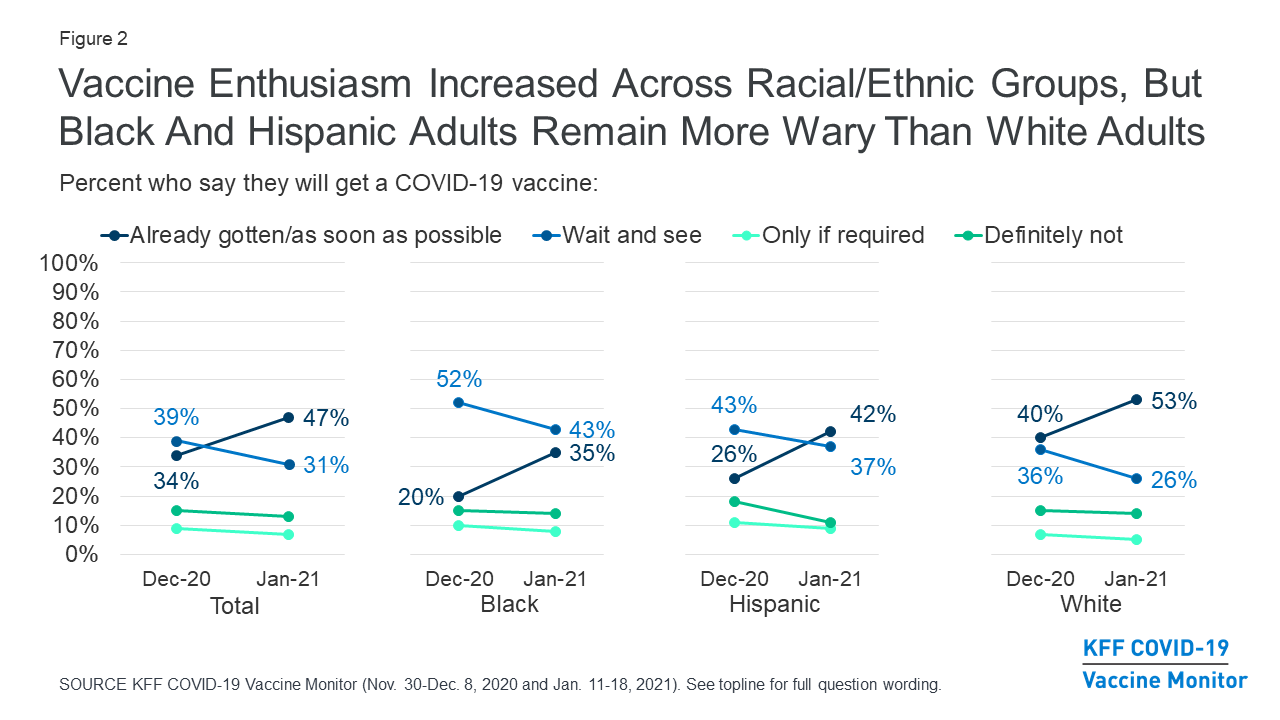
The survey also found that the concerns about the vaccine are not completely absent for those who are eager to get vaccinated, or even those who have already received at least one dose of the vaccine.
Notably, about half of those who have already received at least one dose (49%) and a similar share of those who say they want the vaccine as soon as possible (48%) say they are at least somewhat concerned that the long-term effects of the COVID-19 vaccines are unknown.
